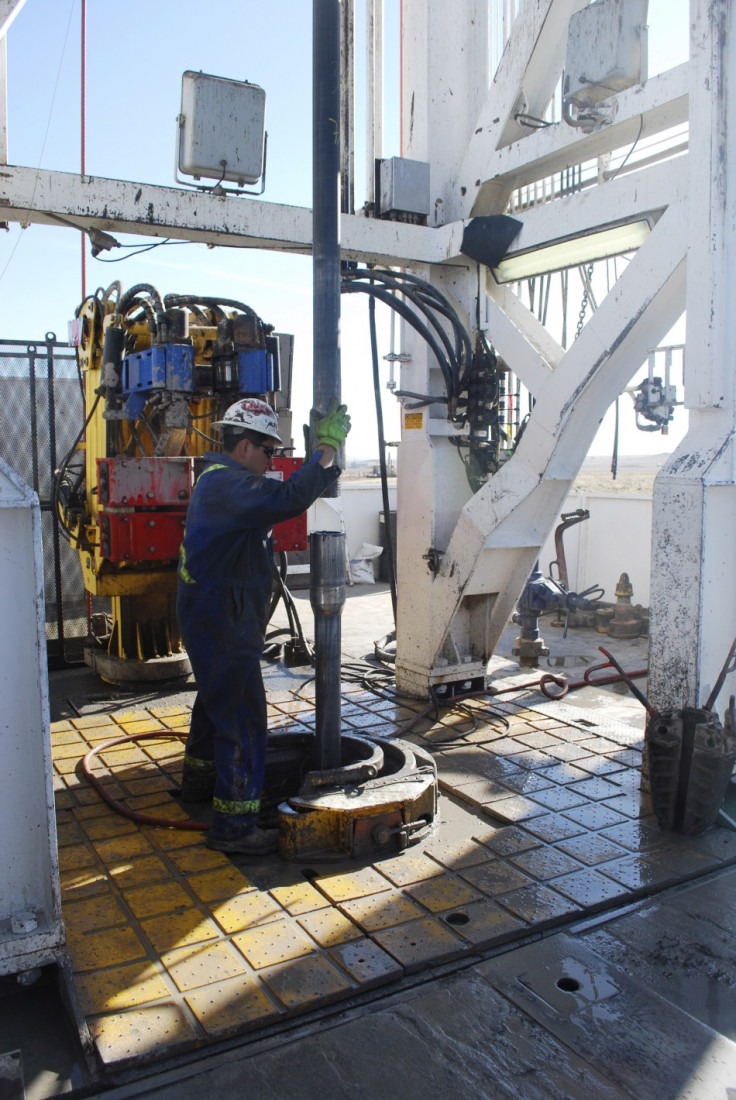Shale Gas Explorer Caudrilla to Start Fracking in UK

The UK Shale gas explorer Cuadrilla Resources is expected to start fracking soon and may resume gas production by 2014, it has been reported.
The government suspended drilling activities of the company following two minor earthquakes of magnitudes 2.3 and 1.5 near Blackpool in northwest England in 2011.
"By the first quarter of 2013, we will be far enough along in the exploration programme to say this makes sense to go ahead and apply for a full field development permit. Production could be under way as early as 2014," said Mark Miller, Chief Executive Officer of Cuadrilla in an interview to Bloomberg.
According to Cuadrilla, it has found more natural gas in the local shale rock than in Iraq. The company plans to start hydraulic fracturing in three wells by the end of 2012, according to the Bloomberg report.
It is expected to explore nearly 200 trillion cubic feet of gas in its lowest range. The area which Caudrilla is planning the exploration has shale thickness in the range of 3,000 to 4,000 feet (1,220 metres). The amount of gas production will depend on the nature of the location and the number of wells, according to Miller.
"It's a game changer if we can show that it works," Miller told Bloomberg.
Fracking has become a controversial issue recently because of the water and environmental pollution it causes. The process involves the use of water, sand and chemicals to open fissures in a rock layer to release hydrocarbon deposits.
Though the technique is widely used in the US, many European countries have reservations about its adoption and countries such as France and Bulgaria even banned the practice.
In the UK, applicants for a fracking licence need to get approvals from multiple agencies such as environmental, local authority, government and safety authority.
"It's very important that nobody gets it wrong in Europe. We have to do this job right and demonstrate that it's safe, environmentally sound and commercially viable," Bloomberg quoted Miller as saying.
The recommendations of the Department of Energy and Climate Change (DECC) which published its expert report on hydraulic fracking in April include continuous monitoring of the seismic activity during the drilling and injecting of small amounts of water and halting the process when it reaches a certain seismic threshold.
"We agree with the Department of Energy and Climate Change recommendation to work at a level below what people can feel. That's what is really important here, because a lot of this is about perception," said Miller.
© Copyright IBTimes 2024. All rights reserved.








